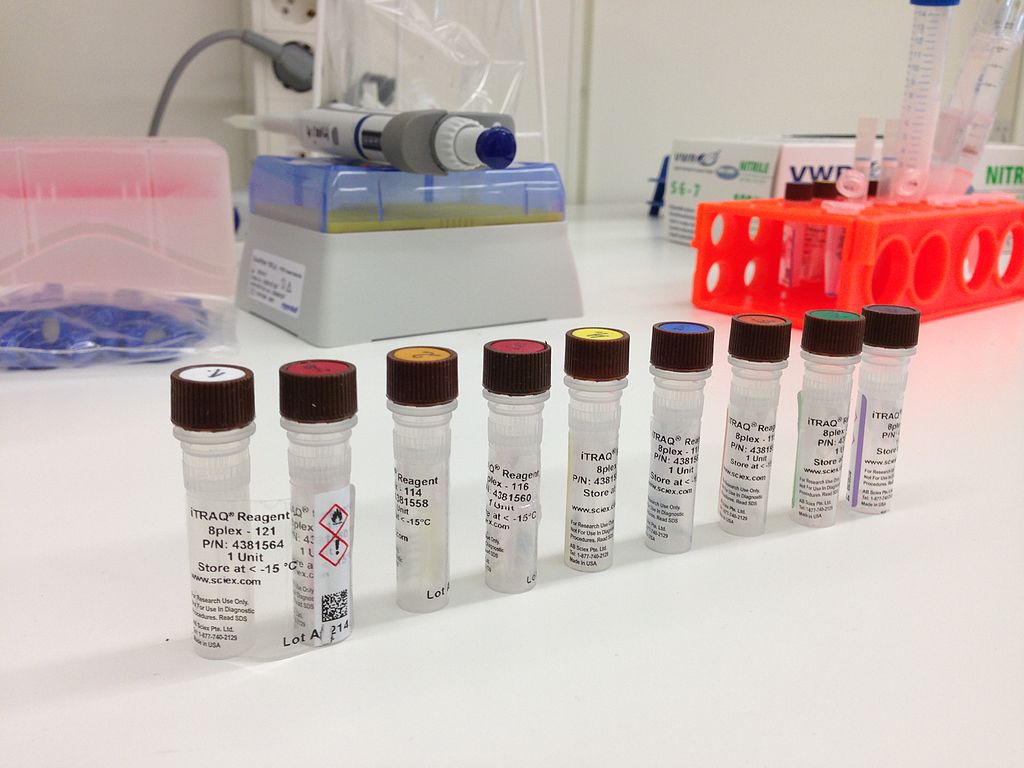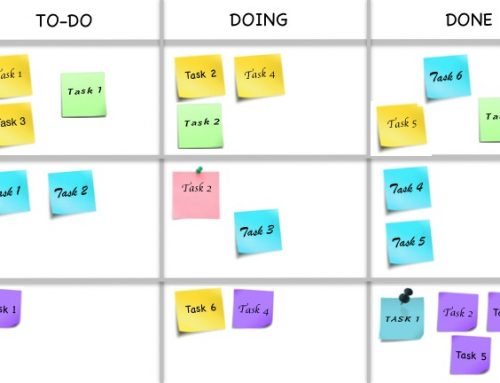How to Deal with Biotech Sales Representatives, Part 2:
There are many things you can want from a vendor, but one of the most common is lower reagent pricing. Having been on both sides of the bench (first as a researcher, then managing marketing and sales teams for one of the largest vendors, and now back in a start-up), it is easier to divide pricing between reagents and capital equipment purchases. For this post, lets focus on trying to lower reagent prices.
In Part 1 of “How to Deal with Biotech Sales Representatives”, we discussed the three main types of biotech sales representatives that may be calling on your lab: Technologists, Consultants, and Transactors. By classifying your representatives, you now have a good idea of how to leverage their strengths: asking a Transactor for advice on NGS may not be fruitful- but asking them how to save money on FBS can yield a real benefit.
First and most obvious- be certain what you are asking is acceptable at your institute! Your institute may have guidelines on gifts- but it may also have agreements with vendors on prices. Messing with negotiated pricing and getting a one-time discount for your lab may have repercussions on pricing for the rest of the institute (not to mention impacting your personal relationship with your purchasing group).
With that out of the way, let me start off bluntly: How often do you negotiate for your livelihood (and I am not talking about bargaining at the local market)? Sitting across from you will be a person that is professionally trained and does this for their living. While it can occur, it is highly unlikely they will “lose” and you will “win” in a negotiation.
But, that is ok. Why?
We have to go back to Part 1– if your biotech sales representative is looking to the long-term and is reputable, they are not wanting to “win” either. They should be striking a deal where you get lower reagent prices but where they also get something. This is a deal where both of you “win”.
How can you make this happen?
- Bundle/Consolidate– take what you purchase from competitor vendors and offer to buy equivalents. As an example, say your lab drinks FBS like Kool-Aid and it is breaking the budget. Offer to switch your secondary antibody purchases to your FBS vendor. In general, the more you bundle the more you will save.
- Standing Orders– everyone likes a regular paycheck and your vendor representative is no different. Move sporadic purchases to regular shipments with a minimum commitment for a price break.
- Set-up Supply Cabinet/Center– if your floor/institute does not have one, you can offer to sponsor in exchange for discounts.
- Future business- while this a weak proposal, if you have nothing else to offer it is better than nothing! Have a new grant that you submitted or moving into a larger lab next year? If your representative is looking to the long-term they will want some of the business.
- Intro’s or Access– It can be difficult for your representative to get in front of researchers in your institute. Helping to open the door is surely worth something, isn’t it?
- Scaling Up– Similar to bundling, if your research needs a larger volume of reagents you should be able to get lower pricing. This is accomplished as you move from a standard product to a custom product (which may have less packaging, and so less cost to the vendor).
- Seasonal Pricing– If you can wait, negotiating at the end of the quarter or the vendor’s fiscal year might gain you leverage.
What if you think your biotech sales representative is not negotiating in good faith? Go over their head and speak to their manager. Alternatively, re-consider your purchase: do you really want to work with them?
Imagination and creativity go a long way in getting lower reagent prices. Approach the negotiations with good faith, play for win-win, and there is a favorable chance you can get lower prices on your reagents.
Next in the series, we will take on how to get lower prices for capital equipment.
If you are interested in our negotiations course please contact us.







Leave A Comment